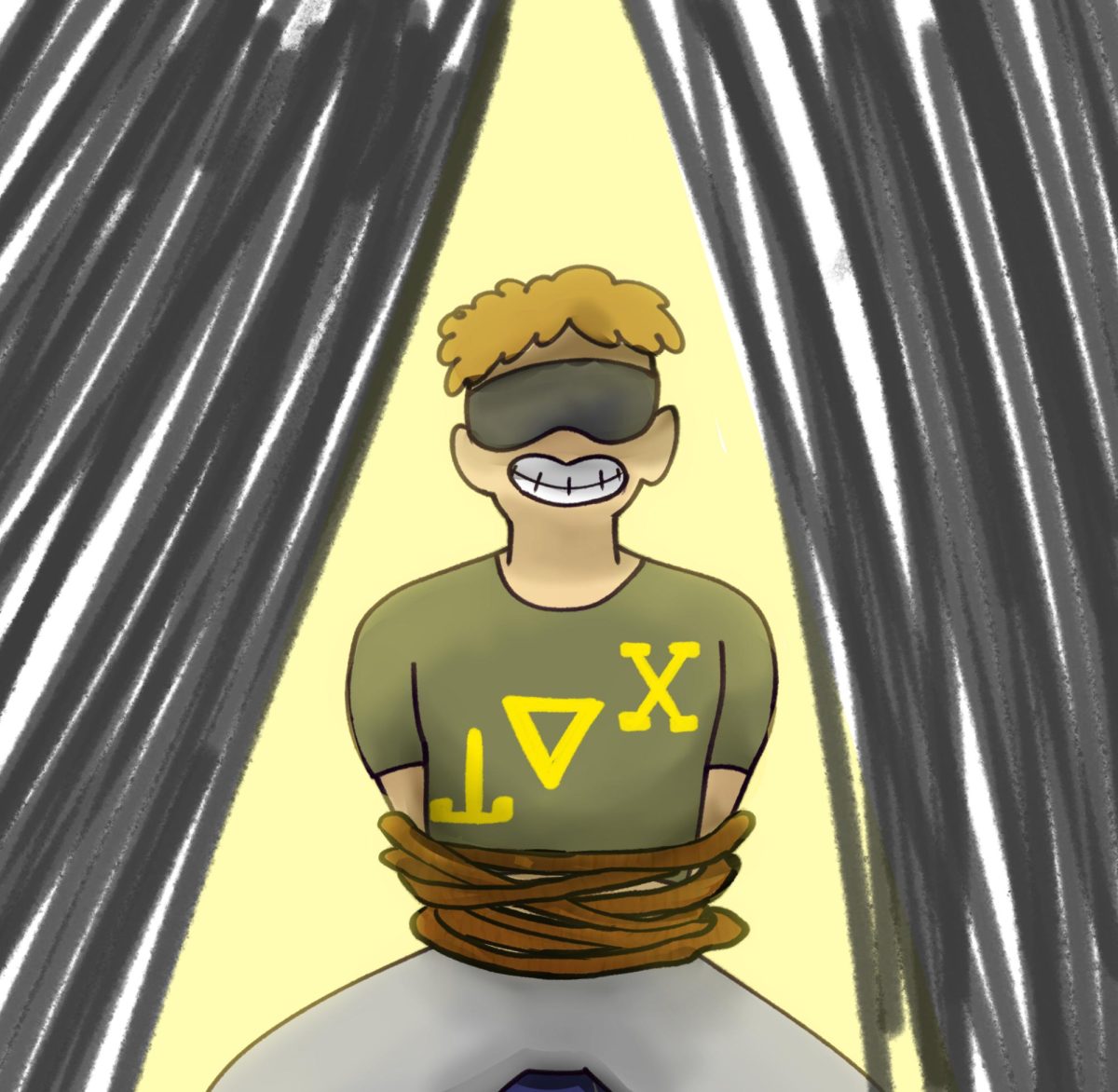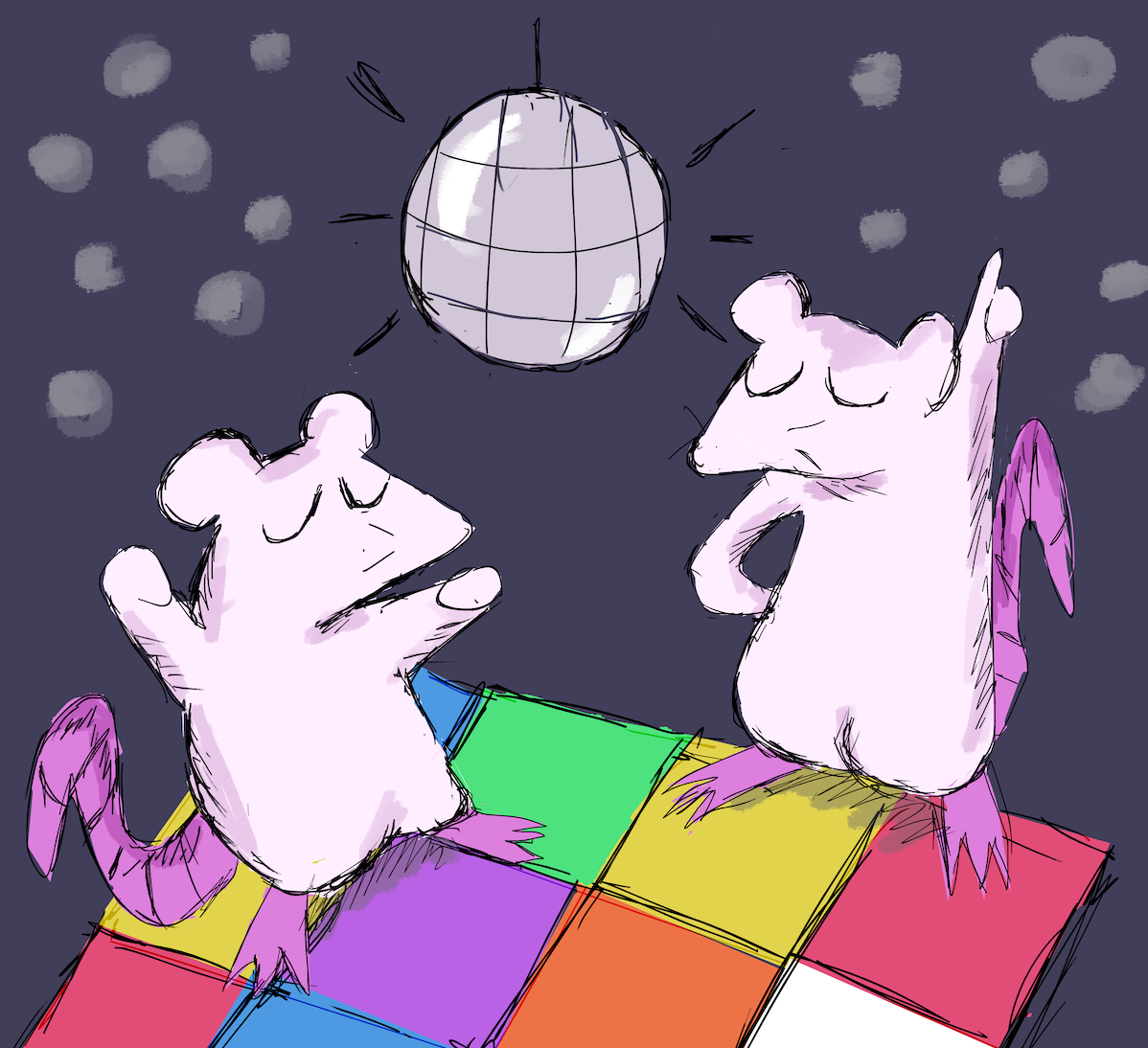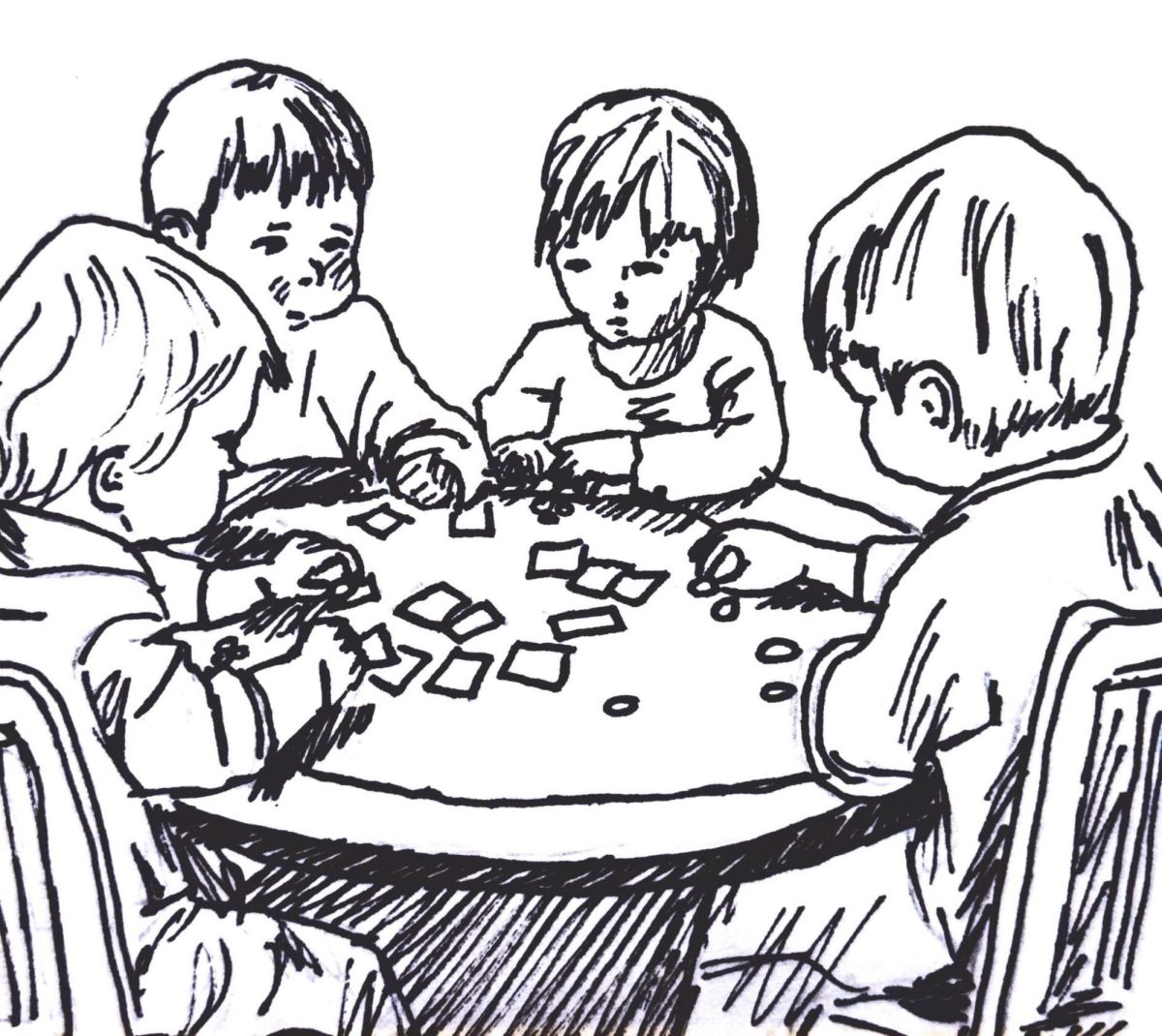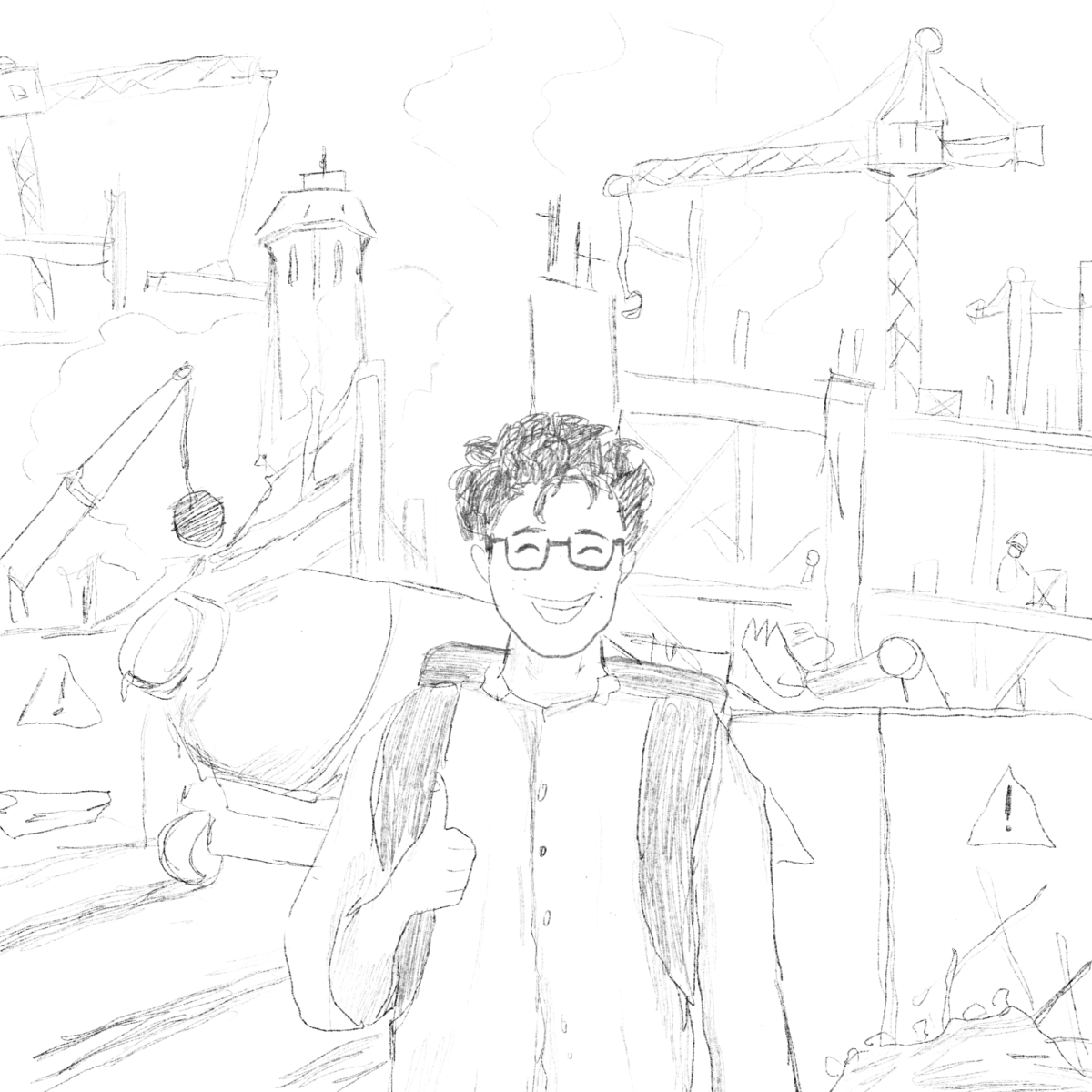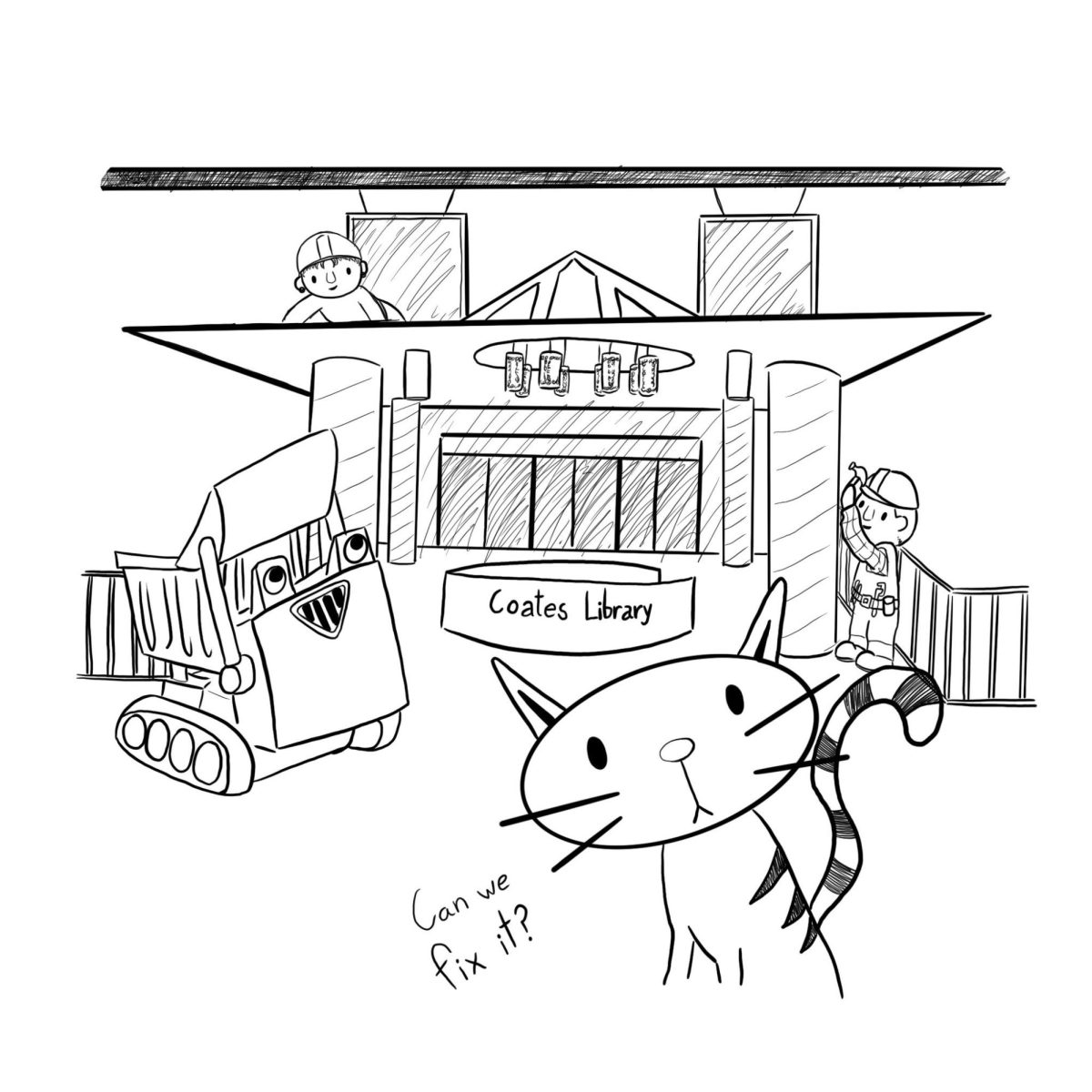Illustration by Julia Poage
This is a part of our 2020 Graduation Issue. Click here to flip through the whole thing.
In one of our many family dinnertime conversations during this period of social isolation, my dad recently told me that he was reading about how our generation (presumably, Gen Z and younger Millennials) would be defined by the COVID-19 pandemic. He said it would be the major worldwide event that frames our outlook on the world, like World War I or the Vietnam War. This was pretty interesting to me because I felt like I had heard the same thing a million times before.
For how young our generation is, I feel as though we’ve been told quite frequently about what is going to supposedly shape our collective temperament. We’re told that we’re the first generation to grow up in a post-9/11 world, or the first to grow up with smartphones, or ubiquitous internet, or social media, or “PC culture,” or whatever else freaks old people out. We’re also blamed for killing countless industries, from beer, to golf, to diamonds, to home ownership. How fortunate we are, indeed, to have benevolent generational watchdogs to tell us who we are.
Putting aside the blatant dubiousness of this generational “science” that seems to get our predecessors riled up, sometimes I wonder if our generation will simply grow up to be dismissive of all these neat little categories people seem to love to shove us into. How could we be defined by any one issue when there are so many crises and changes happening across the world all the time?
All this is not to say that I think we’ll be unaffected by anything happening in the world. What I’m saying is, this is the same old song and dance. A large crisis happens, we watch huge institutions fail to handle them due to structural issues or injustices, and then we do it again in a few years. More than any one of these individual crises, I think we’ll be affected by watching the consistencies that occur across all of them.
Now, I know what you might be thinking: “Damn, for a year-end column this is a pretty bleak analysis of our current situation.” But hear me out: I find strange comfort in the collective disillusionment we all feel toward previously-held universal truths. In a weird way, we’re lucky enough to have had most of the issues of the world circled in red Sharpie and left on display for the past decade or so. And while this virus is a horrible, unprecedented global health disaster that should not be downplayed, it’s also another example of what we have ahead of us to fix.
There’s a strange cathartic peace I feel when I fully accept that the world is on fire, and I’m stuck in it, and my only choice is to try and do something about it. I don’t expect to be able to do anything alone, obviously, but I’m confident in our generation’s ability to look at current events critically and see what’s really going on. We’re about to try and enter the job market in the middle of a pandemic, yet it somehow feels as though we’ve been preparing for this. Besides, just ten years ago the older Millennials were doing the same thing during a global recession. If we haven’t already earned our right to be obnoxious to the generation after us, we’ll definitely be there soon.
This isn’t a very normal time, but somehow it feels familiar, like it was bound to happen eventually. Here’s to a graduating class that conquered Pathways, witnessed the renovation of Mabee just when we stopped using swipes, and is now going to have to endure an excruciatingly cringey virtual commencement. Our generation may not have the best timing, but at least we know institutional bullshit when we see it. And no matter how many times they tell us that our generation “killed Applebees,” they can’t take that away from us.



